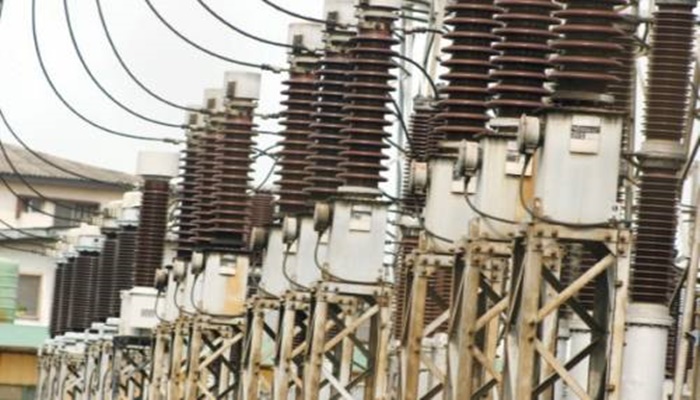
The Chairman of the Executive Board of the West African Power Pool (WAPP), Mr Usman Gur Mohammed, has said the cost of electricity in the West African sub-region is the most expensive globally, with WAPP focused on creating cheaper and increased access to electricity.
Mr U.G. Mohammed disclosed this on Monday at the WAPP Joint Committee Meeting, the first part of the 14th WAPP General Assembly holding in Abuja till Friday.
The WAPP Chair and Managing Director of the Transmission Company of Nigeria (TCN) who declared the meeting opened tasked the members on ensuring that WAPP becomes the best in Africa while reducing the cost of electricity access.
He said, “We have to work hard to reach the next level because we want WAPP to be a pacesetter in the entire Africa. As at today, we are one of the best but we want to be the best.”
He said WAPP was set up mainly to “reduce the cost of energy and increase access to energy in West Africa; to make our people have abundant energy at a cheaper cost.”
Mohammed said the 2019 – 2033 WAPP West Africa Generation, Transmission Masterplan was approved by ECOWAS Council of Head of States and Governors in December 2018, to ensure that all mainland countries are interconnected and to also build transmission lines and generation stations across West Africa to provide redundancy for increased electricity supply.
“It is to ensure we also connect to the Central African Power Pool so we can tap power from Inga 3 Dam in Congo and also connect to Northern Africa Power Pool. Under that scheme, we are building a 330 kilovolt (kV) double circuit transmission line right from Shiroro through Kainji in Nigeria up to Senegal.
The intention is to transmit energy from places that are cheap to where energy is expensive.” On how Nigeria will benefit from this, Mohammed said: “Nigeria has comparative advantage and so energy should flow to countries where they have high cost of fuel.
In doing that, we can create a lot of jobs for Nigerians, and earn foreign exchange for this country; that is why Nigerians should support that drive.” The Secretary General of WAPP, Mr Sengui Ki Appolinaire said the joint committee meeting is a platform for the five committees who are the advisories for the WAPP Executive Board to review the year’s activities.
“WAPP is the made up of utilities and we have five committees whose members are from the utility firms usually in distribution, operation, finance among others. At the general assembly, all the committees meet for that,” Appolinaire noted. Engr. Lamu Audu, the Managing Director of Mainstream Energy Solutions Limited (MESL), operators of Kainji and Jebba hydropower plants in Niger State said his firm co-hosted the WAAP General Assembly in Abuja.
Audu justified the federal government’s decision to privatize the power sector since 2013 saying it was to inject the needed efficiency. He said, “Since we took over the plants of Kainji and Jebba, we have made tremendous progress since the last six years. We took over Kainji with Zero megawatts (MW), today we have 440MW at Kainji; and with Jebba, we have a combined capacity of 922MW.
We are continuing with the capacity recovery. So it is paramount that we attract investment which can come from private investors,” Audu explained. He said MESL utilities are located on the River Niger and there was the need to ensure that the countries upstream of Nigeria do not dam the river by providing them adequate electricity.
“We also generate cheap electricity so we are strategically placed to be involved in the electricity market in West Africa. We are expanding Kainji by 240MW to be able to sell power to West African region to earn foreign exchange for Nigeria. By that, we will attract other investors to develop the other hydro schemes,” the MESL boss noted.
– Daily Trust






